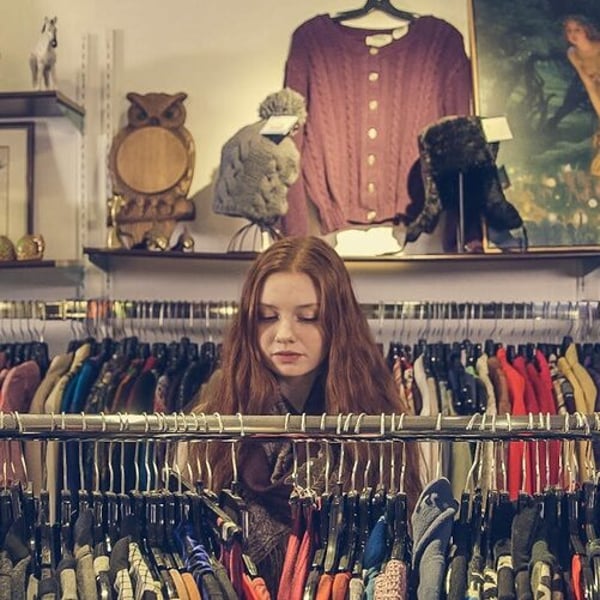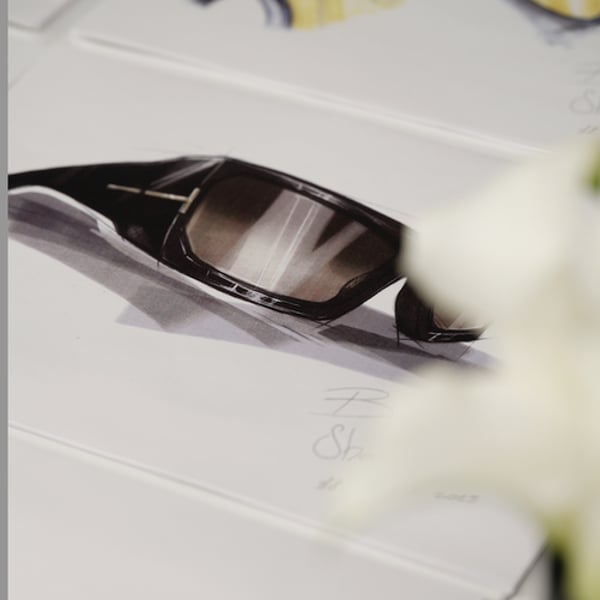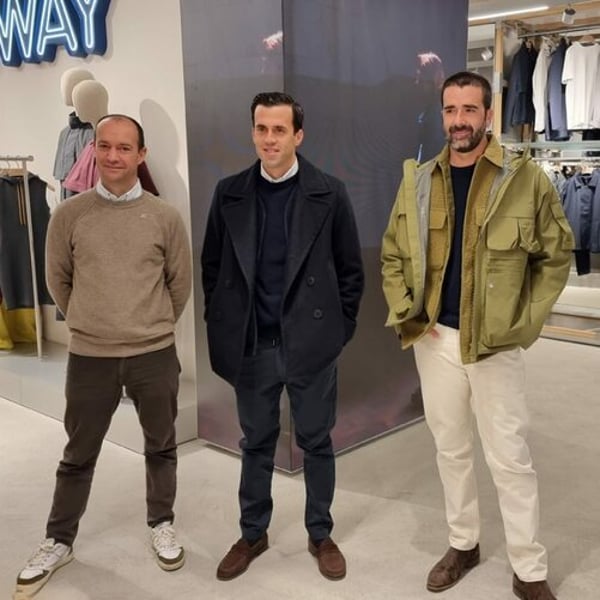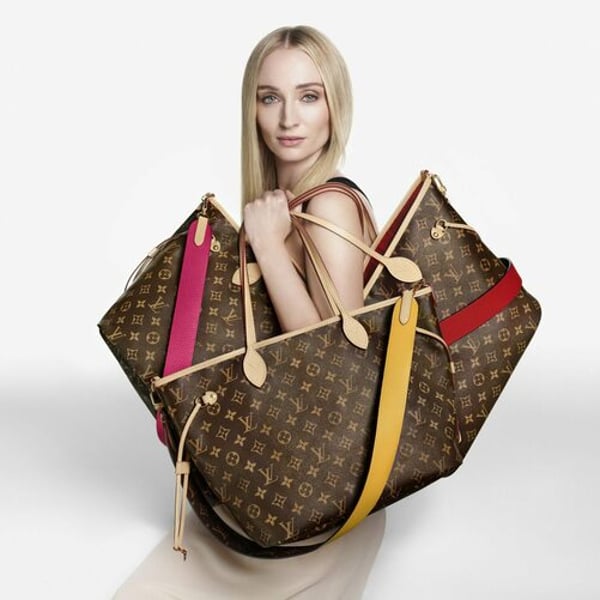Consumers want more sustainable products, but a big ‘say-do gap’ remains in terms of their actual buying behaviour. That’s the conclusion of a new report from the British Standards Institution (BSI).

BSI’s 2025 Global Circularity study, The Tipping Point: Building Trust in the Circularity Economy, was developed in partnership with experts from the Cambridge Institute for Sustainability Leadership (CISL) and “identifies how building trust in quality and reliability can drive consumer uptake of circular behaviours”.
The research asked people to rate themselves on a scale of adoption for 10 circular behaviours, including recycling, reusing packaging or purchasing second hand goods, with more than half globally (53%) identifying as early adopter or early majority.
Yet those who actually buy are much lower. While 67% of people globally cite environmental benefits as a top-three driver for adopting circular behaviours, only 35% are willing to buy secondhand clothing. And the figures are even lower for other categories such as secondhand/refurbished furniture (29%), wonky food produce (25%), and a secondhand bike or scooter (22%).
It interviewed over 8,000 people globally and said the survey “highlights a strong and growing consumer demand for sustainability. For instance, 42% of UK consumers have high expectations for luxury brands to use sustainable materials, and globally, 40% expect this from luxury, 37% from high street, and 29% from discount online fashion”.
However, the data also uncovered the aforementioned significant ‘say-do gap’ and this “poses a challenge for the [fashion] industry’s ethical transformation”. Despite high expectations, the report said there’s “no significant increase in consumer willingness to spend over £200 on clothing items that are upcycled, made from recycled materials, or have third-party verified sustainability credentials”. The ‘Net Likely’ number of people who’d spend over £200 on a regular item (39%) is almost identical to an upcycled/recycled item (38%) or one with verified credentials (41%).
That said, 68% in the global study said the ambition to benefit the environment motivates them to re-use, repair, and recycle their own items – but the “fear factor” prevents them from buying refurbished goods. Worries relate to things like a lack of hygiene and quality of repairs.
People seem unwilling to compromise on quality (56%), safety (51%) or reliability (49%), highlighting the need for businesses to “prove the value of circular products”.
This lack of trust in environmental claims is a barrier to purchasing circular products for a third of people (32%), yet 59% said a recognised label that supports such claims would build trust.
Despite 76% of people globally recognising that their behaviours and purchasing decisions contribute to circularity, the share of re-used materials entering the globally economy has fallen from 7.2% to 6.9% in recent years.
Susan Taylor Martin, Chief Executive, BSI said: “The circular economy presents an immense opportunity for both people and the planet, enabling us to protect natural resources and reap economic benefits. Yet trust remains a crucial barrier to adoption. While consumers routinely weigh price and quality in their purchasing decisions, reused, repaired or recycled goods introduce new questions around quality, safety, and reliability. For circularity to thrive, businesses must move beyond sustainability messaging and bolster it by demonstrating genuine value, durability, and trustworthiness – convincing consumers that circular options are as reliable as traditional products.”
Copyright © 2025 FashionNetwork.com All rights reserved.







